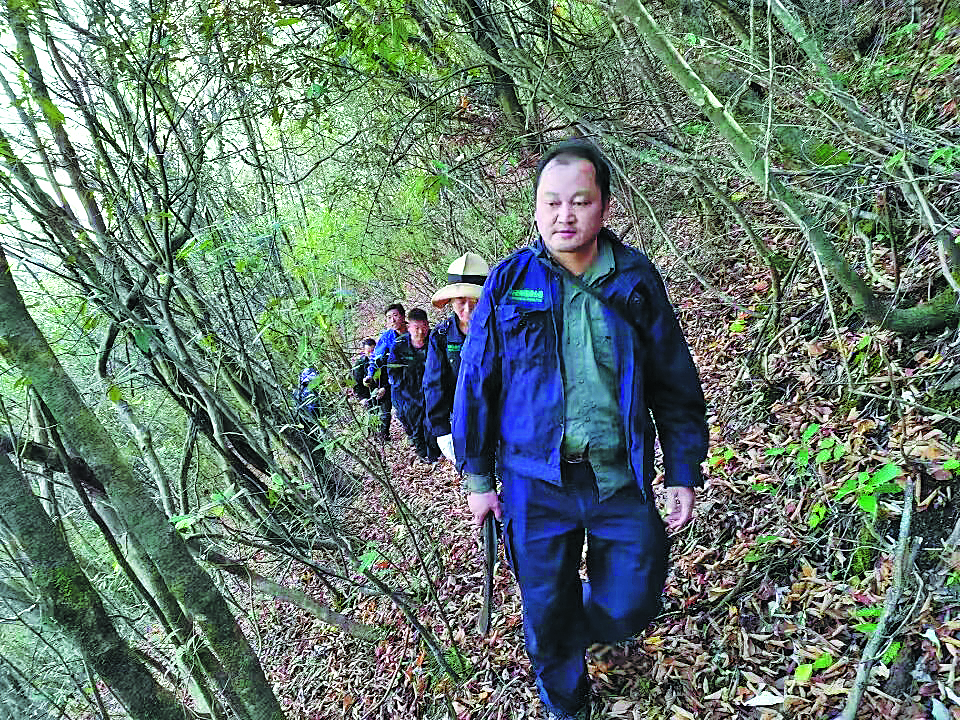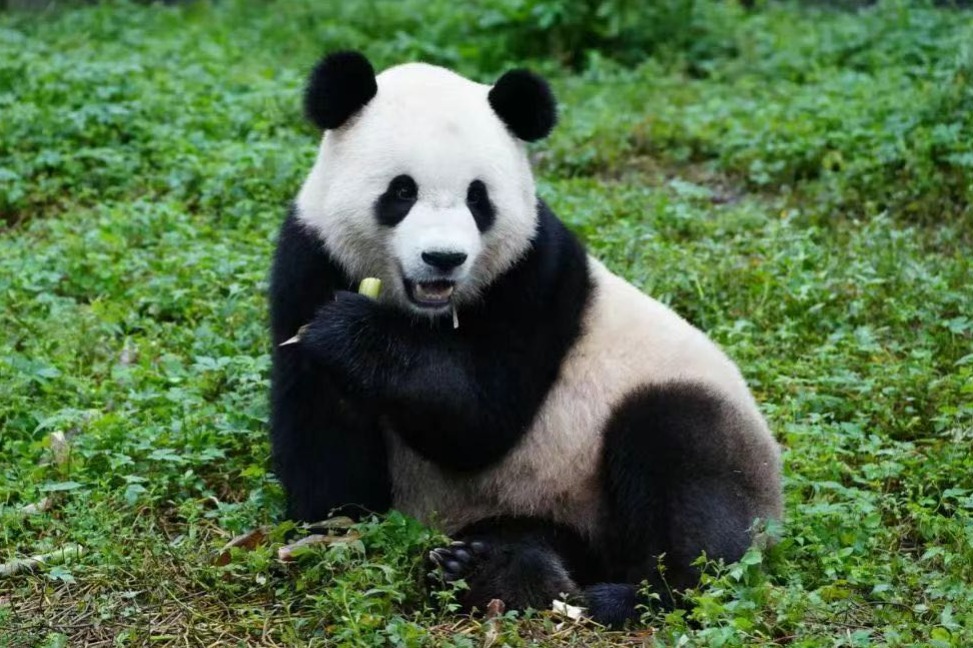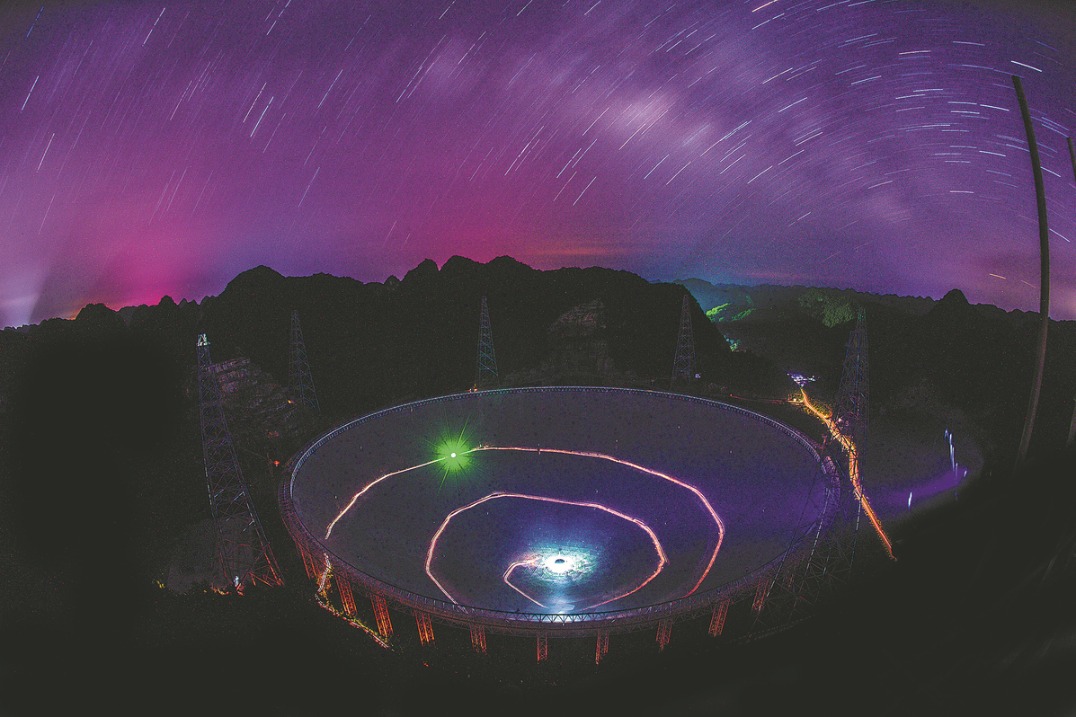Ranger's botanical expertise flowers


Despite years of experience with wild animals, Shennongjia reserve's wealth of wild plants inspires his devotion
After four years protecting golden snub-nosed monkeys in the wild and two years taking care of giant pandas in zoos, Wang Min ought by rights to have become a wildlife expert.
Instead, his love for flowers and plants proved more genuine, and more stubborn. Now, after 31 years working at the Shennongjia National Nature Reserve in Hubei province as a ranger, the 48-year-old has become known locally as a botanical "soil expert".
Wang started working at the nature reserve in the Shennongjia Forest Area in June 1993, following in the footsteps of his father, who worked as a logger on the Shennongjia forest farm in 1962 before becoming a patrolman when the farm became a reserve in 1982.
Wang's father retired in 1995 and passed away last year.
As a second-generation patrolman, Wang has worked in a number of the reserve's patrol stations. His first post in 1993 was at the Houzishi (Monkey Stone) Patrol Station, where he worked for four years keeping an eye on wild snub-nosed monkeys, a rare animal under first-level State protection, that inhabit the surrounding forest.
As the population of monkeys grew, the station's administrative area was merged with the Shennongjia scenic area and today, tourists have the chance to observe the monkeys in the wild.
Wang was then moved to another patrol station, where he monitored wildlife for 11 years, becoming familiar with the reserve's many monitoring trails, as well as the plants that lived along them.
As a biodiversity hot spot and UNESCO World Heritage site home to more than 4,000 vascular plant species, Shennongjia is a magnet for botanists from across the country and as an experienced ranger, Wang has had plenty of opportunities to guide, in the process learning from the experts.
"As a ranger, you naturally know something about the animals or plants in the area," Wang told China Daily at his office in Muyu, the administrative seat of the county-level Shennongjia Forest Area. "The experts ask you questions about them, and if you don't know the scientific name for a particular plant, you'd better know its local name."























